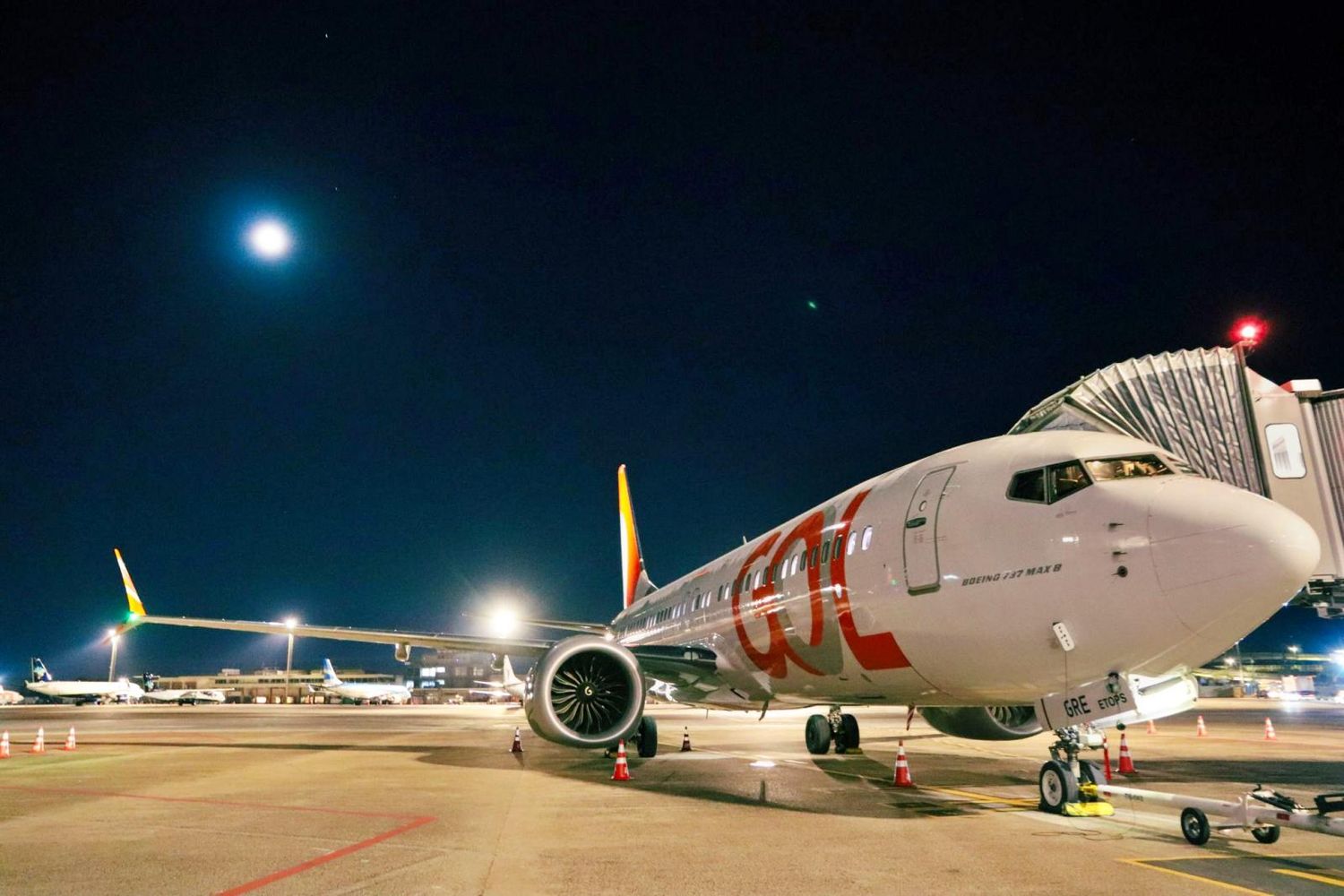GOL and TAP Air Portugal become first airlines to adopt FuelIS, IATA’s new fuel efficiency tool
GOL and TAP Air Portugal are the first airlines to adopt FuelIS, an analytical tool developed by the International Air Transport Association (IATA) to improve fuel efficiency—one of the industry's primary operational costs.
The solution integrates with the Fuel Efficiency Gap Analysis (FEGA) system and allows airlines to compare the fuel efficiency performance of aircraft and engines against industry averages, using real operational data collected from over 220 airlines as part of the Flight Data eXchange (FDX) program. According to IATA, this database covers more than 8 million flights annually.
The organization explains that FuelIS helps identify opportunities to cut costs and enhance environmental performance, offering detailed insights by market, region, country, and fleet type.
“Fuel management is key for airlines. Depending on the price of jet fuel, it typically accounts for 25% to 30% of their cost base. As airlines move toward decarbonization, monitoring and managing carbon costs—which are directly tied to fuel consumption—will become an increasing priority. Understanding how an airline performs relative to its peers using FuelIS can reveal potential efficiencies that lower costs and improve environmental outcomes,” said Nick Careen, IATA’s Senior Vice President of Operations, Safety, and Security.
According to IATA’s roadmap to achieving net-zero carbon emissions by 2050, technological improvements and operational efficiency gains are expected to contribute around 10% of the total required reductions.
TAP Air Portugal emphasized that fuel is a major cost factor and a core part of its decarbonization strategy. “Every kilogram of fuel saved counts. The insights provided by FuelIS help us measure the impact of our fleet modernization and our long-term transition to sustainable aviation fuels (SAF). It also supports a more agile fuel strategy in response to market and operational changes,” said CEO Luís Rodrigues.
Echoing that view, GOL’s Chief Operating Officer Albert Pérez stated, “Fuel is a significant cost factor for all airlines, and managing its use is always important—it can provide a key competitive edge. With FuelIS, we have access to data that helps us make better decisions on fuel usage and benchmark our progress against the industry. Joining FuelIS is another step in our ongoing commitment to improving operations, achieving high performance, and focusing on cost reduction.”
Since 2005, IATA has collaborated with airlines to identify potential annual savings of 4.76 million tons of fuel, which the organization estimates could translate into USD 3.8 billion in annual savings.


Comentarios
Para comentar, debés estar registrado
Por favor, iniciá sesión